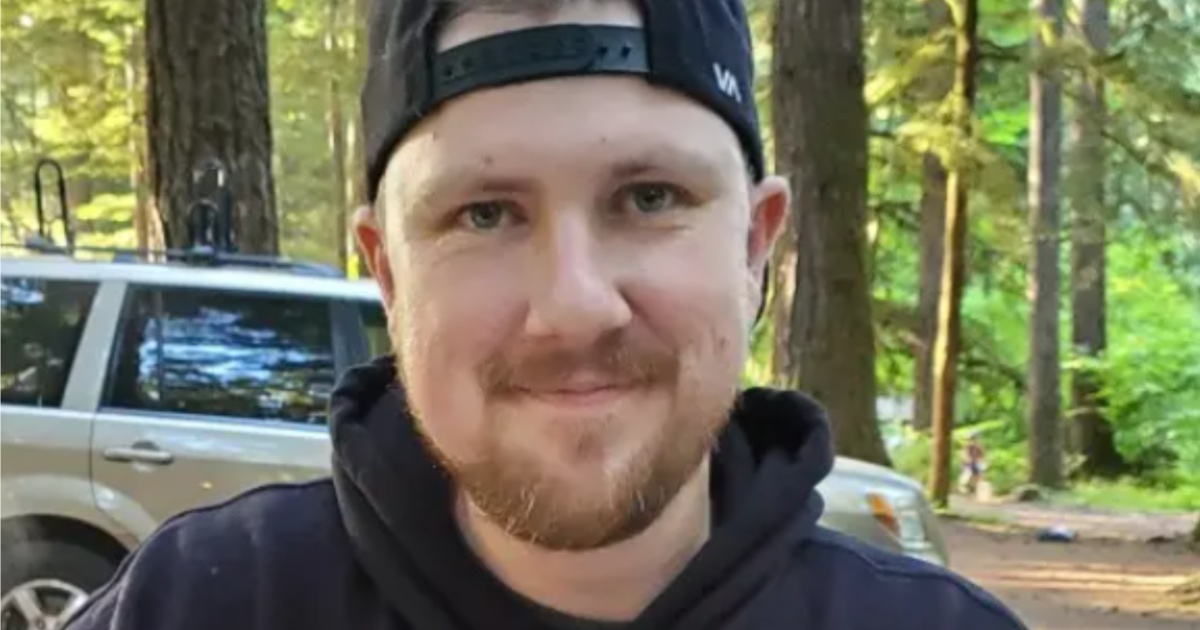Washington state resident Jordan McKibban, 37, seemed to be in the prime of life, months before he tragically collapsed. He was smoking salmon and preparing canned peppers from his garden to host his large blended family.
Weeks later, he told his mother, Pam Mauldin, he was serious about the woman he was dating and on the verge of realizing his “one big desire” to have children. Days before his death, he helped a friend plant a flower garden for a baby shower. “He loved life. He loved doing things outdoors,” Mauldin said.
he mixed a tablespoon of a powdered kratom supplement into his lemonade.
Our sons died taking an ‘all-natural’ supplement you can buy at gas stations — people don’t realize it’s so addictive and dangeroushttps://t.co/D5LE7DfyIn
— CJWARNER (@CJWARNER19) August 6, 2025
On April 5, 2022, after working a full day at an organic food distributor he’d been with for years, McKibban returned home. He mixed a tablespoon of powdered kratom supplement into lemonade—kratom being marketed as an “all-natural” remedy available even at gas stations. The supplement’s opioid-like compound, mitragynine, would prove deadly in high doses.
Shortly afterward, McKibban collapsed in his bathroom and never regained consciousness. His nephew found him, and Mauldin, who rushed to the scene, tried to resuscitate him. Paramedics pronounced him dead at the scene.
An autopsy revealed 3,000 ng/mL of mitragynine in his system, consistent with a kratom overdose. The coroner ruled the cause of death as acute kratom intoxication. McKibban had used kratom in various forms—capsules, powders, and shots—to manage chronic hand and back pain, believing it was a safer alternative to traditional painkillers.
Tragic death of Thai student after kratom overdose shocks Udon Thani
A 19-year-old female vocational student in Udon Thani has died after drinking 1.5 litres of kratom juice before bed, raising concerns about the dangers of the herbal drink. pic.twitter.com/pVKEs02nfL
— Bangkok Lad (@bangkoklad) July 5, 2025
McKibban’s estate and his mother have filed a wrongful death lawsuit in Cowlitz County against numerous kratom manufacturers and retailers, including brands like Whole Herbs, Hush Kratom, and Cloud House Vaporz. The suit claims these companies failed to warn consumers about the risks of addiction, overdose, and death associated with the supplement.
The lawsuit follows a similar case in the same county in 2023, where a jury awarded $2.5 million in damages to the family of another kratom victim. According to attorneys, kratom is dozens of times more lethal than other over-the-counter products marketed as natural and lacks proper warnings or dosage guidelines.
Kratom can have stimulant effects in low doses and opioid-like effects in higher doses. Reported side effects include nausea, rapid heartbeat, seizures, liver damage, and respiratory depression. The FDA does not recognize kratom as a safe dietary supplement or drug and has repeatedly warned consumers about its risks, especially given the lack of regulation and quality control in its production.
Family files second wrongful death lawsuit in WA over kratom-linked death, alleging toxic products caused fatal overdose.https://t.co/nlvRUy8t7w
— Foundation for Drug Policy Solutions (@GoodDrugPolicy) August 6, 2025
Pam Mauldin said her son was told he couldn’t overdose on kratom and believed the worst that could happen was nausea or vomiting. There were no instructions or warnings on the product he used. “He should not be in the cemetery,” she said. “He had so much left to live for.”
Experts warn that a compound found in some kratom products, 7-hydroxymitragynine, is especially potent and believed to be stronger than morphine. Some health officials have recommended banning kratom altogether or classifying it as a controlled substance.
Jordan McKibban’s death adds to a growing list of cases where a so-called natural remedy proved fatal. As his family seeks justice, health advocates are pushing for better oversight, labeling, and public education. The case serves as a stark reminder that just because a product is sold in gas stations or labeled “natural” doesn’t mean it’s safe.













